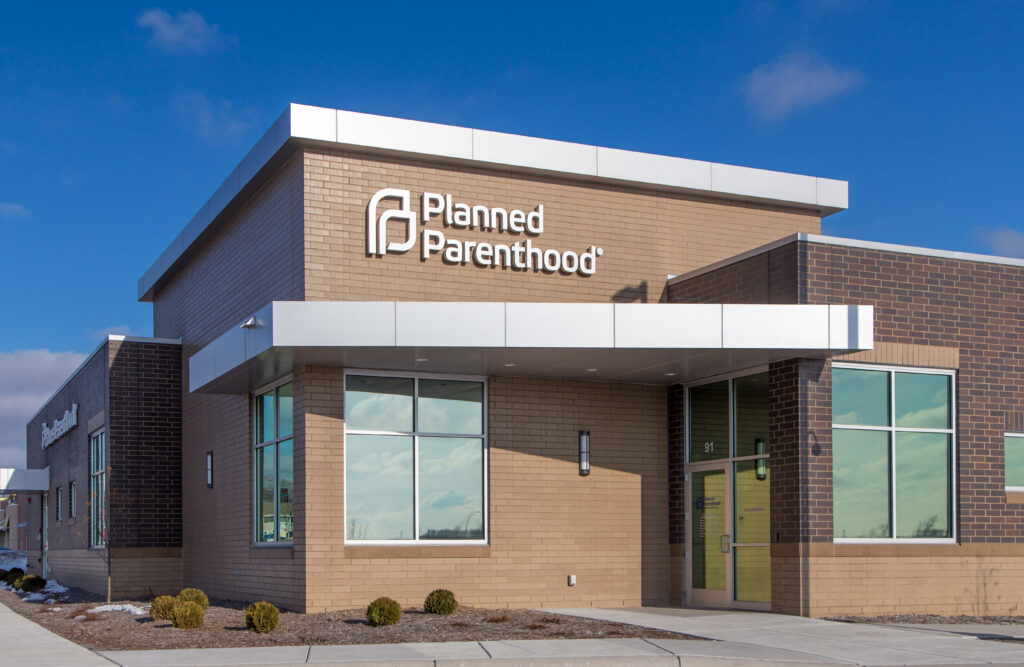Abortion Reporting: Louisiana (2018)

Louisiana’s 2018 abortion report shows that abortion totals in the state have continued a decline that began in 2014. The report does not provide the number of chemical abortions performed in Louisiana.
Statistics and Changes in Louisiana Abortions, 2017-2018

*Information on chemical abortions performed in Louisiana is not publicly available.
Abortion Totals and Trends
Louisiana abortions dropped by seven percent from 8,706 in 2017 to 8,097 in 2018 (Fig. 1). Since 1999, the earliest report available on the Louisiana Department of Health website, abortions in the Pelican State have fallen by 33 percent, although abortion totals tend to fluctuate from year to year. Louisiana does not report the state abortion rate, but CLI estimates that the rate dropped from 9.3 abortions per 1,000 resident women ages 15-44 in 2017 to 8.7 in 2018 (Fig. 2).
State Report Summary
Well over half the abortions reported in Louisiana in 2018 (59 percent) were performed on women in their twenties. Nine percent were performed on women age 19 and younger, 28 percent on women in their thirties, and three percent on women age 40 or older. More than six out of 10 abortions were performed on African-American women (61 percent). Twenty-nine percent were performed on white women, eight percent on women of a different race, and two percent on women of unknown race. Overall, white women make up 60 percent of Louisiana’s population of women of childbearing age, and black women make up 37 percent. Eighty-six percent of the abortions were performed on unmarried women, compared to 11 percent that were performed on women who were married. Not quite four percent were performed on women of unknown marital status.
Two-thirds of the abortions reported in Louisiana occurred at eight weeks of gestation or earlier. Sixteen percent were performed between nine and 10 weeks, dropping to eight percent between 11 and 12 weeks of gestation. Seven percent of the abortions were performed between 13 and 15 weeks and two percent between 16 and 19 weeks. Between one and four abortions were performed at 20 weeks, although the exact number was suppressed. Louisiana suppresses numbers smaller than five to help protect women’s privacy. Abortion in Louisiana is prohibited after 20 weeks post-fertilization (around 22 weeks of gestation) unless the baby has a life-limiting condition or the mother’s life or a major bodily function is at risk.
Not quite half of the abortions reported in Louisiana (49 percent) were performed using suction curettage. Twelve percent were performed via dilation and evacuation, and 39 percent were performed using other, unspecified procedures. Although Louisiana’s abortion report does not provide any details on these unspecified procedures, it is likely that many were chemical abortions, as the vast majority occurred at 10 weeks of gestation or earlier.
Three abortion centers reported abortions in 2018, down from four in 2017. Hope Medical Group for Women performed 3,432 abortions in 2018, 42 percent of the Louisiana total. Women’s Health Care Center performed 2,427 abortions (30 percent) and Delta Women’s Clinic performed 2,237 abortions (28 percent). Planned Parenthood’s two Louisiana centers do not perform abortions.
A small percentage of the abortions performed in Louisiana were due to rape, maternal health risks, or fetal abnormality. Two percent of Louisiana abortions were performed due to risks to the mother’s physical health. Half a percent (40 abortions) were performed due to risks to the mother’s mental health, and another half percent (42 abortions) were performed because the pregnancy was a result of rape or incest. Seventeen abortions, 0.2 percent of the state total, were performed because there was a risk that the baby had an abnormality. In contrast, 97 percent of the abortions were performed for other reasons.
Admitting Privileges
In 2014, Louisiana passed a law requiring doctors who perform abortions to have hospital admitting privileges. The law was blocked by a district court but then upheld by the Fifth Circuit Court of Appeals. In 2019, the law was blocked again, this time by the U.S. Supreme Court. In response to an emergency petition, the Supreme Court issued a temporary stay in order to allow time for a formal petition to be filed. The state of Louisiana has asked the Supreme Court to let the law take effect.
The district court’s decision found that only one abortion provider in Louisiana had admitting privileges, and pro-abortion advocates claim that the law has already contributed to cancelled appointments and women leaving the state to obtain abortions. However, a peer-reviewed paper published by the Charlotte Lozier Institute highlights some of the benefits that hospital admitting privileges provide to physicians and their patients, including continuity of care and higher standards of care.
State Ranking
In 2016, CLI’s study of abortion reporting across the country ranked Louisiana’s reports in the top 10 among the 50 states. To further improve its abortion reporting, Louisiana could report the types of abortion procedures used in the state with more specificity, including the number of chemical abortions performed in Louisiana. The state could also report more of the data it collects, including basic, nonidentifying information on women’s health (such as their pregnancy history, contraception use, and any complications caused by abortion) and demographic data (such as women’s level of education). In addition, Louisiana could collect and report more information on its parental consent and informed consent requirements.


- Starting with the 2018 abortion reports, abortion rates are calculated by the Charlotte Lozier Institute to allow for easier state-to-state and year-to-year comparisons. Rates were calculated by CLI using population estimates from the United States Census Bureau. The rates were calculated using the following formula: (total number of abortions performed in Louisiana ÷ number of resident women ages 15-44) x 1,000. Totals and rates may differ slightly from previous CLI articles due to revised population estimates and abortion totals.























